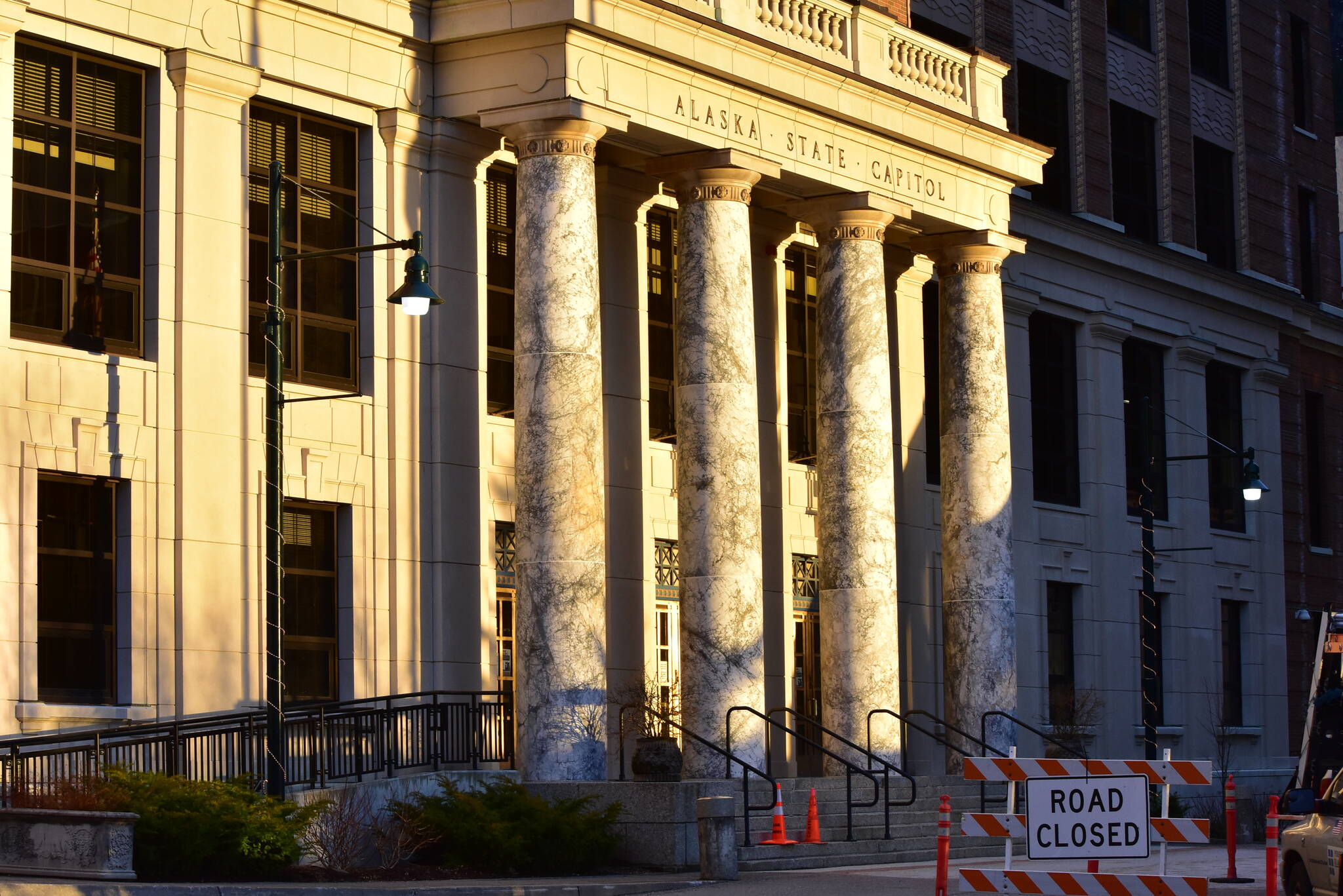A bill that would set a dividend for Alaska residents this year sat another day in a Senate committee on Monday, while a bill intended to help with medical facility staffing concerns amid a COVID-19 surge appeared dead in the House as lawmakers neared the end of their third special session.
The Senate Finance Committee has yet to advance a version of the dividend bill passed by the House on Aug. 31. The special session is set to expire Tuesday.
A hearing on the bill was set for Tuesday morning, following days in which the bill had been scheduled for hearing but not taken up.
“We’re trying to get an agreement. The deadline’s midnight Tuesday night,” said Sen. Bert Stedman, a committee co-chair.
If the version that passes the Senate differs from what passed the House, the House will be asked if it agrees with the changes. Disagreements between the chambers often lead to conference committees, which can take time to set up and time for members to try to come to terms.
The House version called for a roughly $1,100 dividend, which House Speaker Louise Stutes has said was “the most the state can afford to pay until Alaska’s structural budget deficit is resolved.”
Senate Minority Leader Tom Begich, an Anchorage Democrat, said he would work in the session’s final hours to encourage colleagues to support the House version, which he said was the “only sure guarantee of a dividend this year. … And people need a dividend.”
Lawmakers in recent years have sought to limit annual withdrawals from earnings of the state’s oil-wealth fund for dividends and government costs, though they can breach the cap if they choose to do so. Members of the bipartisan coalition that Stutes leads have been resistant to exceeding that limit without an agreement on a long-range fiscal plan.
Other lawmakers said the state can afford a larger dividend and that residents could use the help. Gov. Mike Dunleavy has advocated for a check of around $2,350.
This year’s draw from earnings has already gone into the state general fund, the director of the Legislative Finance Division has said.
House majority lawmakers and Dunleavy’s office have different views on whether some of the funds targeted for use for the dividend in the House bill are available without a three-quarter vote.
Begich said he has to leave by 3 p.m. Tuesday for family obligations and hoped the issue in the Senate could be addressed by then.
Meanwhile, the House majority said it will not bring back for debate a bill introduced by Dunleavy that was intended to help address staffing concerns at medical facilities.
The Alaska State Hospital and Nursing Home Association in a statement said recent legislative debates on the bill led to “a host of misinformation, distraction and efforts to undermine sound science and mitigation efforts that individual Alaskans can take to persevere through the pandemic.”
The group’s president and CEO, Jared Kosin, said the group made known that “we’re not interested in going any further” with the bill. He cited concerns with “anti-vaccine” proposals in the Senate and an amendment that passed the House Sunday that said emergency medical service providers were to allow a patient to have a support person with them during treatment.
The House amendment, largely supported by minority Republicans, also drew support from three majority coalition members. Some supporters saw the provision as compassionate.
But Kosin said it “feels like politicians are trying to dictate what a safe environment looks like inside a hospital when doing amendments like this.”
The Senate version included a provision that would allow someone to object to a COVID-19 vaccine “based on religious, medical, or other grounds.” Another provision said businesses or state agencies could not require individuals to be vaccinated against COVID-19 for individuals to access areas or services that are open to the public. Those provisions were removed by a House committee.
Rep. Ben Carpenter, a Nikiski Republican, said Alaskans are concerned about immunization rights. He and other minority Republicans disagreed with the decision to pull the bill from debate, saying a fuller discussion on vaccine and other health care-related issues is warranted.

